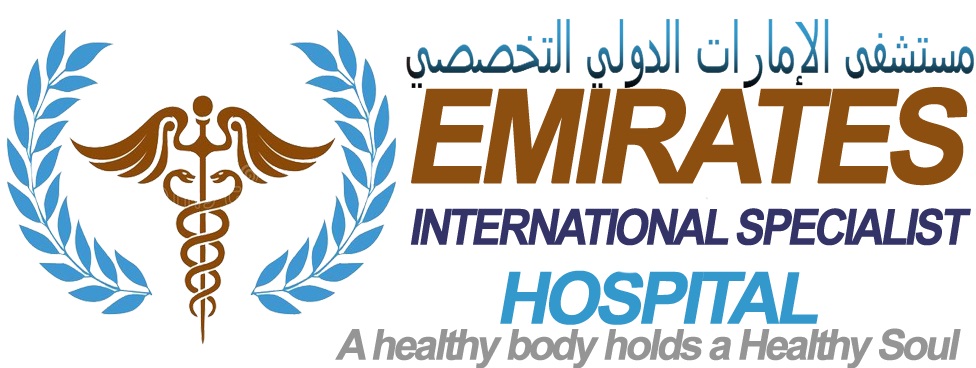UAE surgeon warns obesity could affect job prospects
Some workers in the country have been advised by their employers to lose weight
Obesity not only risks affecting patient health but could it could damage career prospects as well, a surgeon in the UAE has warned. Dr Mohammed Al Hadad said he was aware of cases where workers were advised to lose weight by their employers to improve their performance.

Obesity is known to cause problems including severe back pain or even depression, both of which can lead to low productivity at work.
In some cases, it has led to employees in the UAE being given two choices - lose weight naturally or seek medical intervention to address the issue.
“We had a patient come to us who was told by his employer to go away, lose weight, then come back,” said Dr Al Hadad, a consultant bariatric surgeon at Emirates International Specialist Hospital in Abu Dhabi.
“His position was kept open but he had to lose the weight. I have lots of patients who say they cannot find or keep a job because of their weight and others have struggled to get promoted because of it.”
Last year, statistics from the UAE’s National Health Survey found adult obesity in the country stood at 27.8 per cent, down from 37.2 per cent in 2010.
The survey, carried out by the Ministry of Health and Prevention, recorded data from 10,000 participants.
Research conducted by Zayed Military Hospital in the same year also produced concerning results.
Its study of 33,000 Emirati men aged between 18 and 20 found about 70 per cent suffered from obesity or diabetes.
It also indicated a high rate of cardio-metabolic disorders, such as hypertension and high cholesterol.
Dr Al Hadad told The National that being significantly overweight had the potential to affect every aspect of life “including career prospects”.
He said he treated hundreds of patients each year. About 95 per cent were Emirati and 70 per cent were women, he revealed. The average age of his patients is 33.
Referring to surgery as a “last solution”, he called for a greater focus on prevention, both locally and internationally.
“Obesity is a major disease,” he said. “Part of it is an addiction to food. We need to end the labelling of obesity as a personal failure.
“We will never be able to treat obesity by surgery alone. People have to implement major lifestyle changes to tackle this disease.
“The department of health states there are 14 major health problems related to obesity, including diabetes and heart disease.
“If we continue like this, obesity is the disease that will end human beings.”
Once a month, Dr Al Hadad holds specialist sessions for patients who have either undergone weight loss surgery or are considering the procedure.
He described the free meetings as essential to providing support for those struggling with their weight.
“Losing weight is hard,” he said. “Doing it alone is even harder.
“The support group is a safe place where patients can openly talk and ask questions to peers about their concerns for surgery, if they have any.
“Research shows that patients who have a strong social support network achieve greater success with their weight loss progress.
“And sometimes, participants walk away thinking surgery isn’t the answer ... that’s fine.”
Last Wednesday, Ali Alajmi, 18, who works in the oil and gas sector, attended his first session at the centre.
In April, he will undergo a sleeve gastrectomy, a common procedure that changes the shape and size of a patient's stomach to limit the amount of food that can be eaten at one time.
Weighing 145 kilograms and with a Body Mass Index of 46, Mr Alajmi said he had never been able to maintain his weight with diet and exercise.
“My work requested that I lose the weight,” he told The National. “I have high blood pressure so I know reducing my weight is going to benefit my health.
“I see it [surgery] as a good thing. If I don’t lose it [the weight], I will not be able to complete my training certificate or continue in my field of work.
“I have chosen surgery because I am young and have limited health issues. I feel like if I keep gaining weight, my health will deteriorate.
“If I wait any longer, I could have more health issues.”

